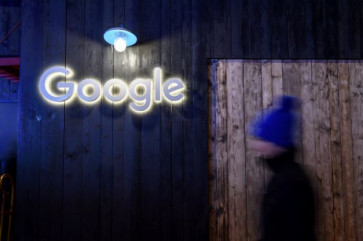Popular Reads
Top Results
Can't find what you're looking for?
View all search resultsPopular Reads
Top Results
Can't find what you're looking for?
View all search resultsDraft regulation aims to balance media and digital platforms
As countries around the world home in on a so-called media bargaining code to protect their traditional media from digital platforms, Indonesia needs to consider its unique context to strike a balance in its draft presidential regulation on media sustainability.
Change text size
Gift Premium Articles
to Anyone
T
he rise of digital platforms has transformed the way we access our news and entertainment (SAGE Open, April 2022). With over 5 billion internet users worldwide as of April this year (Statista), more people are now consuming daily news from digital platforms instead of traditional media sources.
Tech behemoths like Google and Meta have been leading the media disruption. Google processes over 3.7 billion searches per day, according to First Site Guide, while Meta's platforms, including Facebook, Instagram and WhatsApp, had more than 3.8 billion active users as of the first quarter this year (Statista).
These figures substantiate what observers have been indicating for the past few years: a power imbalance between local news publishers and global tech giants. In other words, the tech giants have more political means to leverage and capitalize on online content.
As the power imbalance has become more obvious, increasing regulatory oversight for digital platforms has emerged on the policy radar in many jurisdictions. Indonesia is no exception.
In Australia, for instance, calls to protect the interest of local media outlets have yielded the “controversial” Media Bargaining Code of Australia, which seeks to ensure that news publishers are compensated fairly by major digital platforms that use their content.
The furor over the code’s adoption two years ago has pushed Google and Meta to inject some US$140 million into the Australian news media ecosystem, according to the Poynter Institute.
This set a precedent that has inspired other countries to move ahead with their own versions of the law, with Canada and the United Kingdom expected to pass similar media bargaining codes by the end of the year.



















